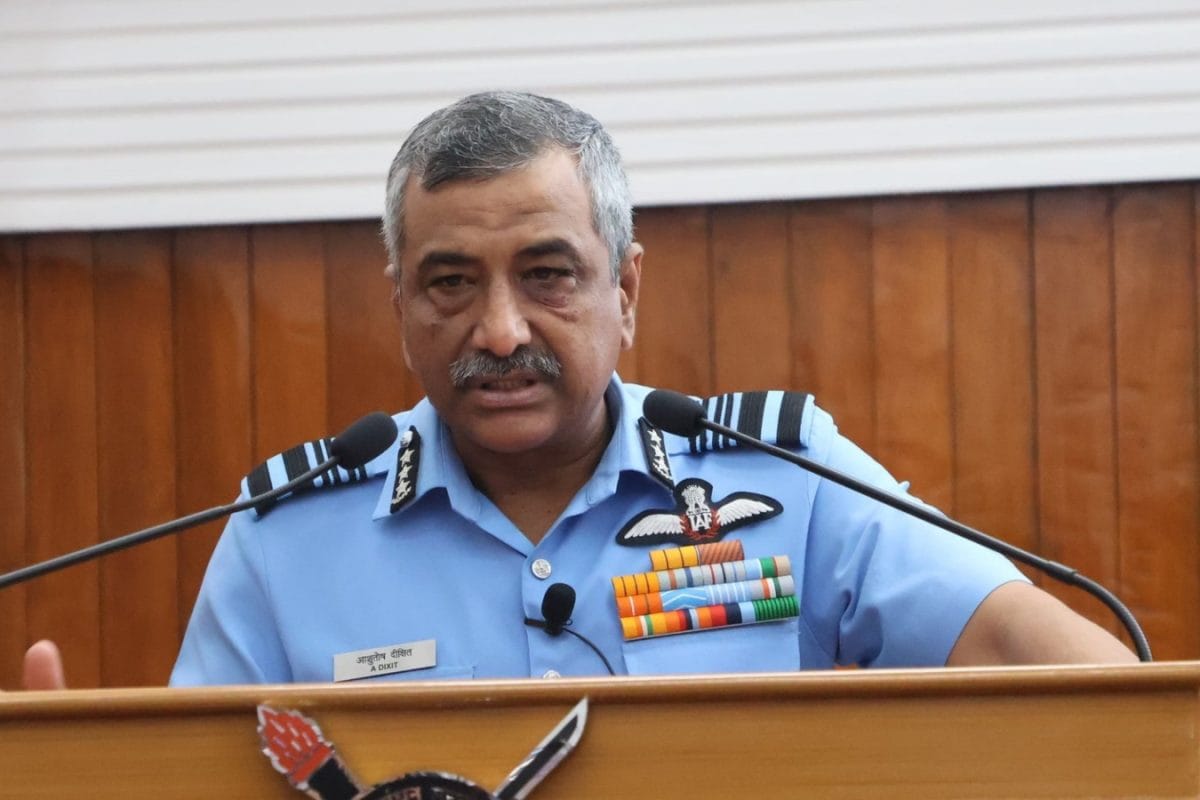

The Chief of Defence Staff (CDS), General Anil Chauhan, has strongly advocated for the development and deployment of indigenous drones within the Indian armed forces, emphasizing that self-reliance in Unmanned Aerial Vehicles (UAVs) and Counter-Unmanned Aerial Systems (C-UAS) is now a strategic imperative for India. Speaking at a workshop organized by the Headquarters Integrated Defence Staff (HQ-IDS) in collaboration with the Centre for Joint Warfare Studies, Gen Chauhan highlighted the critical role of drones in modern warfare and the necessity for India to reduce its dependence on foreign technology.
The Integrated Defence Staff (IDS) is an organization responsible for fostering coordination and enabling prioritization across the different branches of the Indian Armed Forces. It comprises representatives from the Indian Army, Indian Navy, Indian Air Force, Ministry of External Affairs, Defence Research and Development Organisation (DRDO), Ministry of Defence, and Ministry of Finance. The IDS is headed by the Chief of Integrated Defence Staff.
Gen Chauhan emphasized that recent global conflicts have demonstrated the ability of drones to disproportionately shift tactical balances. He noted that asymmetric drone warfare challenges even large military platforms, pushing armed forces to evolve their air doctrines, C-UAS development, and engagement tactics. He also referred to experiences from Operation Sindoor, underlining the importance of developing indigenous Unmanned Aerial Systems and C-UAS tailored to India's specific terrain and needs. Operation Sindoor involved the use of unarmed drones and loiter munitions by Pakistan, but they were successfully neutralized by Indian forces without causing any significant damage. Some drones were even recovered intact.
Air Marshal Ashutosh Dixit, Chief of Integrated Defence Staff, emphasized that India stands at a strategic inflection point, with the armed forces and paramilitary agencies increasingly relying on UAVs for intelligence, surveillance, reconnaissance (ISR), targeting, logistics, and precision strikes. However, he also acknowledged that the core ecosystem is still significantly dependent on foreign technology.
To address this dependence and enhance national security, the Indian Army, along with relevant ministries and agencies, is working on a comprehensive framework to regulate the source and integrity of drone components. This framework is designed to close existing loopholes, enforce quality standards, and ensure greater accountability in the drone manufacturing ecosystem.
Several Indian companies, including start-ups, are actively involved in developing indigenous drone technology. Garuda Aerospace, for example, is on track to achieve 75% indigenous content across its platforms in the next three years. NewSpace Research & Technologies, in collaboration with the Indian Navy, has developed the Abhimanyu Collaborative Combat Aircraft, India's first private-sector jet-powered drone designed for high-speed, long-range combat roles.
The push for indigenous drone development is a strategic necessity for several reasons. It reduces dependence on foreign suppliers, especially during times of diplomatic tensions or global supply chain disruptions. It is also more cost-effective, as domestically manufactured drones are often more affordable and scalable. Furthermore, local manufacturing allows engineers to design drones tailored to India's unique geography, ensuring better performance in real-world conditions.
General Chauhan cautioned against the limitations of foreign systems, stating that their specifications are widely known, allowing adversaries to anticipate tactics. He advocated for accelerated development of homegrown drone technology and counter-UAS grids, emphasizing that modern wars must be fought with modern technology.
The development of indigenous drones is not just limited to the drone itself but also extends to the entire architecture, including core technologies like semiconductor manufacturing, advanced sensors, and electronics fabrication. This end-to-end approach will enable India to maintain control over how drones operate, where data flows, and how quickly systems can adapt to changing needs.